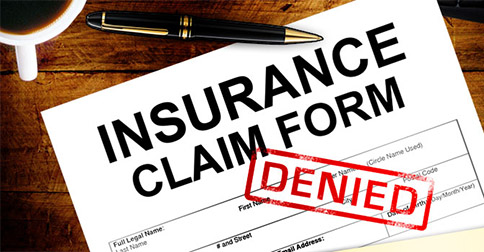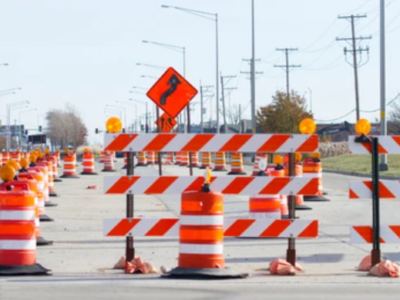California requires most employers to carry worker’s compensation insurance to pay for medical costs and in some cases a portion of lost wages when employees are injured while working. Coverage is not automatic and can be denied for many reasons, including a worker acting in an extremely unreasonable manner in violation of posted safety rules and repeated training.
Many common reasons for denying claims
A workers’ comp claim might get denied by an employer or the plan administrator if the injured worker did not report the injury in a timely manner. Waiting several days to inform an employer and write up the injury incident opens up room for doubt and could trigger a claim denial. That same goes for missing the deadline for filing a claim. If an employer has reason to doubt a claim is valid, it could investigate, request a second medical opinion and deny it for a justifiable reason.
How workers can fight claim denials
A claim denial can trigger an appeal by the injured worker and should when the claim is valid. A denial letter should clearly outline the reason why and give you a deadline for filing an appeal. You could ask for a meeting with your job provider or the insurance adjuster for the insurer underwriting the claim to resolve a simple dispute. More serious disputes will require a formal appeal to an administrative law judge and will need supporting evidence, including documentation of the injury by a doctor and other medical professionals.
Preparation helps to reverse denials
If an appeal to an administrative law judge is needed, an experienced workers’ compensation attorney can help to prepare the best case. A review of your current documentation can help to identify gaps in your argument that a simple request to your treating physician or other medical professionals might fill. You also can better understand the arguments behind your denial and whether they are based on valid reasons or are simply an abuse of the system by an employer or insurance adjuster.



